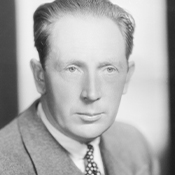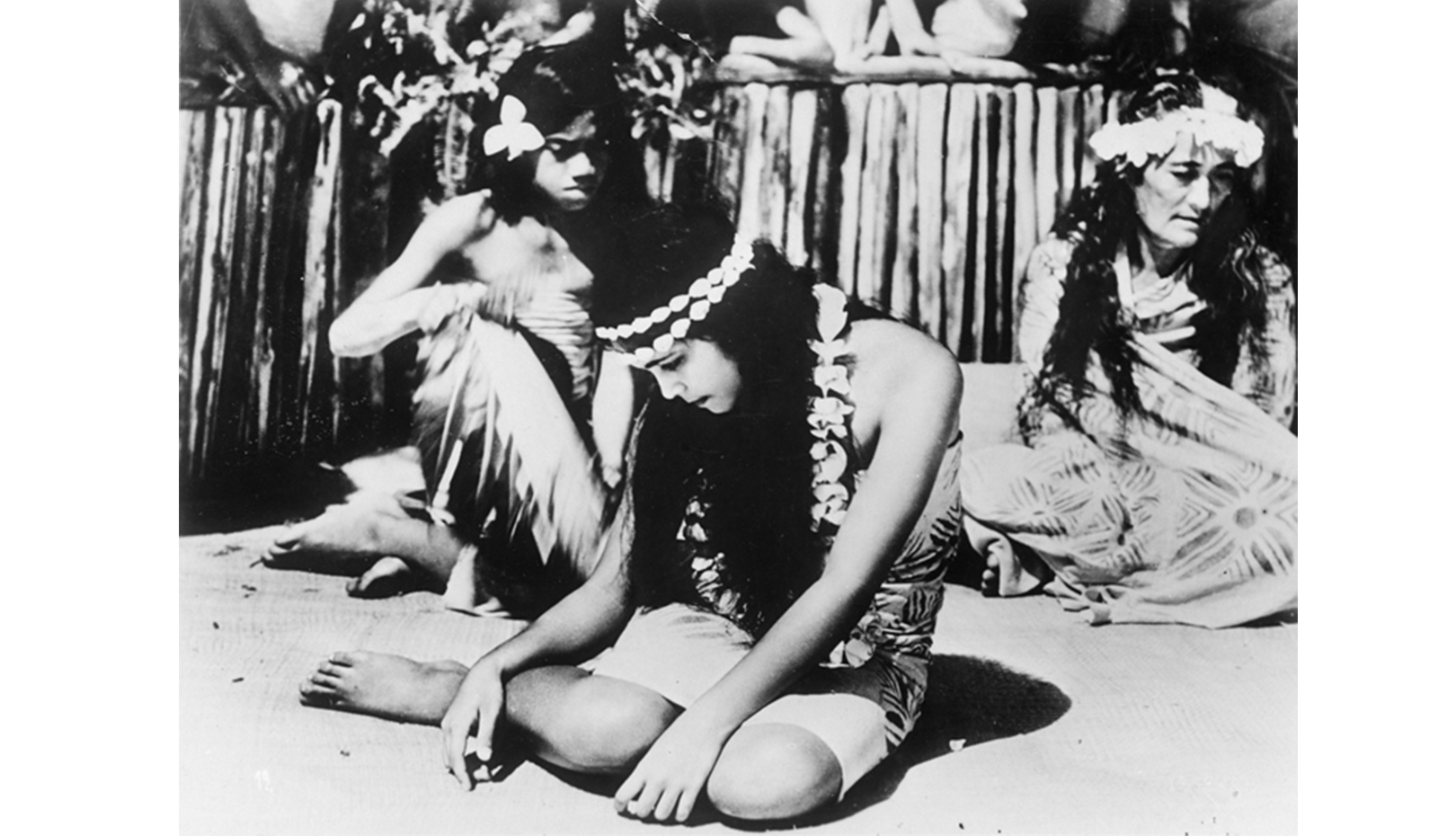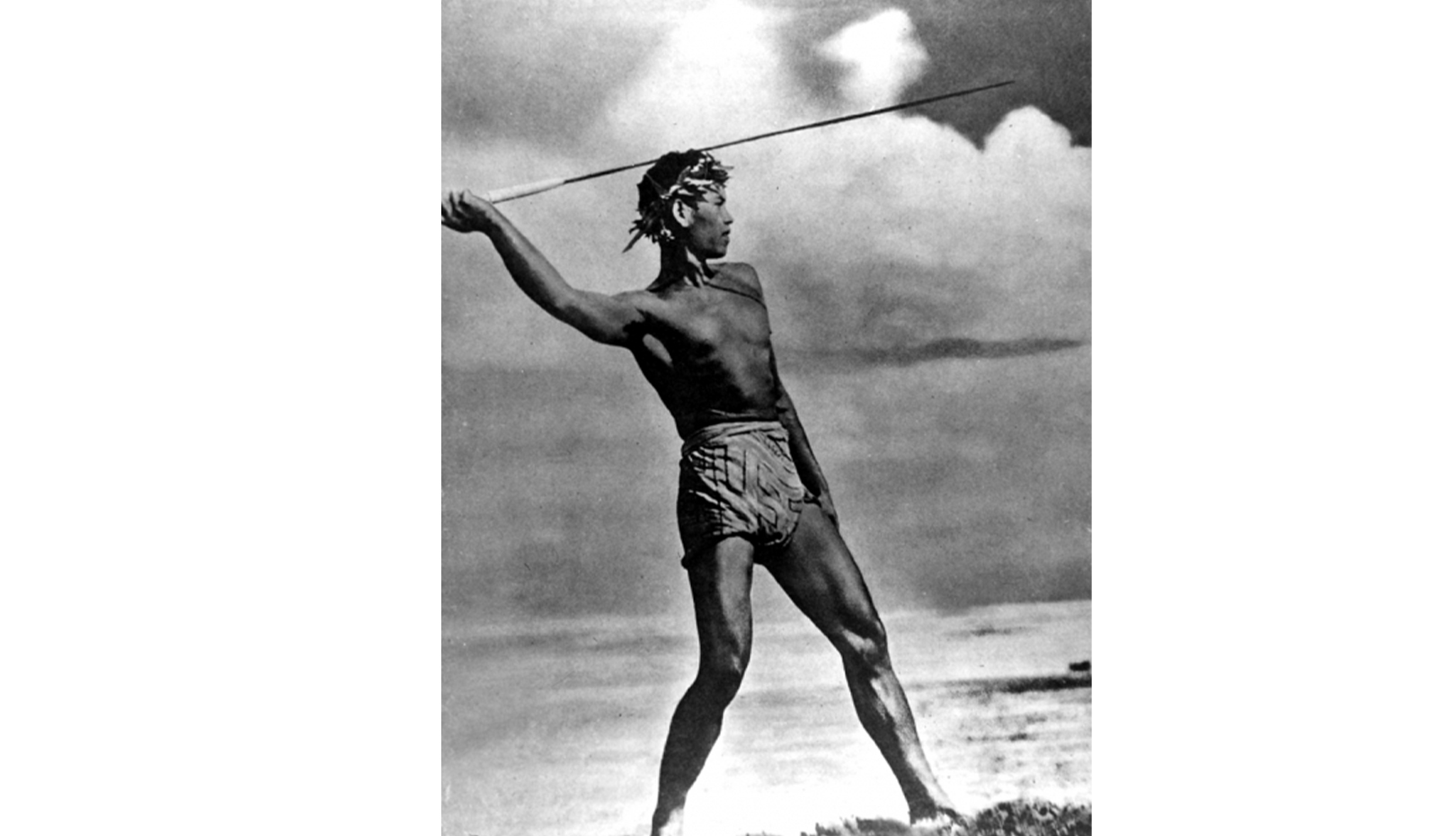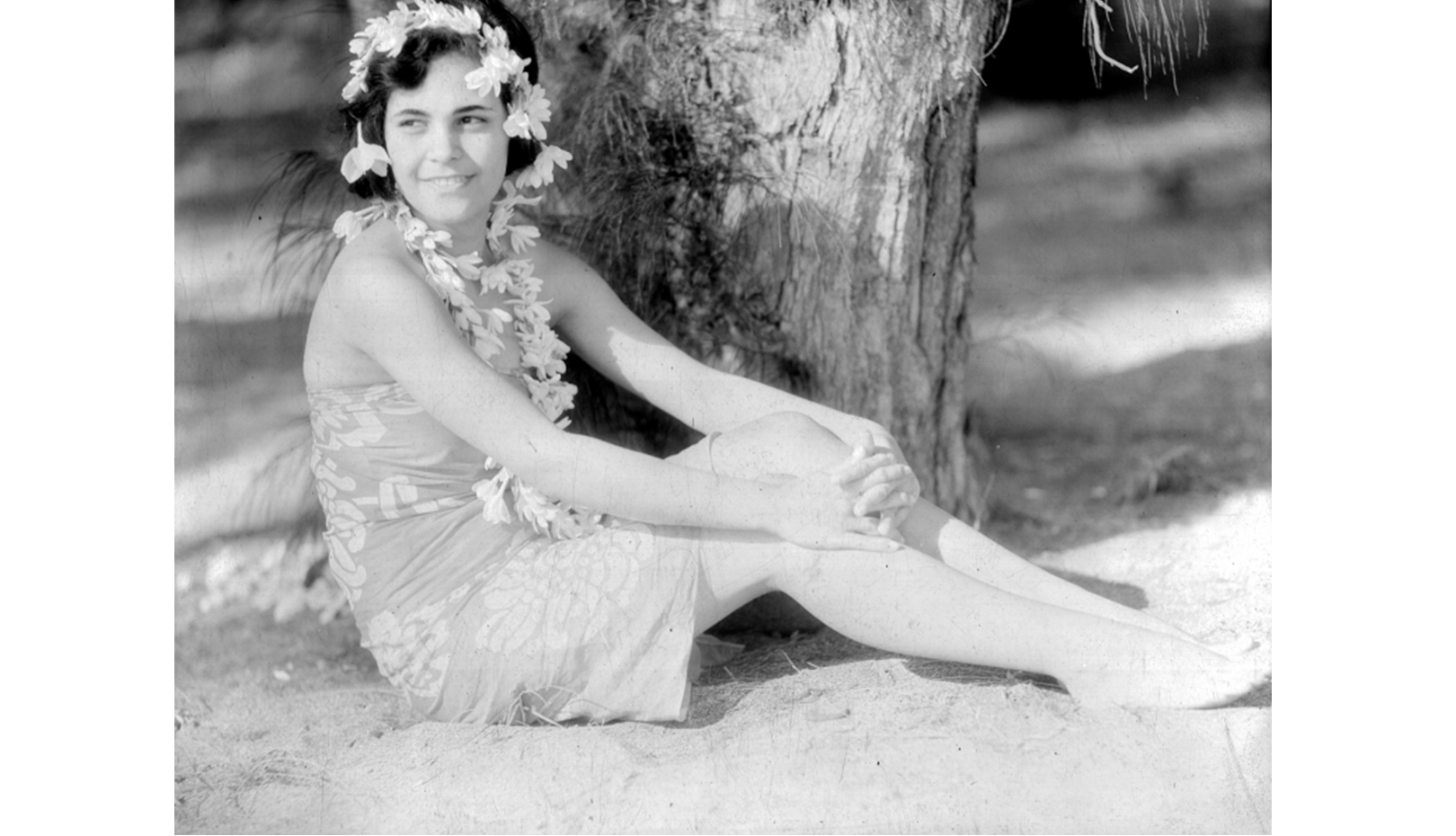Tabu: A Story of the South Sea
F.W. MURNAU
- USA, Germany
- 1930
- 86min
- 12 +
- mp4
- black and white
Synopsis
Reri and Matahi are young lovers living happily on a South Pacific island. But Reri is destined to be the holy virgin of the gods and is therefore taboo for all men - including Matahi. The two lovers flee their island for civilization, to a pearl trading town where Matahi hires himself out as a pearl diver - he has fallen into debt, overwhelmed by the abundance of what modern life has to offer. But they are also tracked down in the city. Reri, who has since given up her resistance, voluntarily boards the ship that is to take her back to her homeland. Matahi tries to swim to catch the boat but dies in the ocean.
Review
When Robert Flaherty and F. W. Murnau become disillusioned with Hollywood, they seek a new path. They head to the South Pacific island of Bora Bora, Tahiti. Here, the documentary pioneers and expressionist masters sought to collaborate with the locals. He trained indigenous people to serve as his crew and cast his main actors locally. Cinematographer Floyd Crosby was the only Hollywood professional on the crew. The result is Tabu: A Story of the South Sea, a story of young lovers who fall victim to the taboos of the region. Told in two chapters, "Paradise" and "Lost Paradise," the main characters, a native couple, run away in defiance of the taboos imposed on their tribe. They arrive on another island where the culture of the French colonizers has taken root, but there they are doubly targeted. A tribal tracker still following pre-modern superstitions is after them, and a modern colonial government wants to arrest the lovers to settle a dispute. The film is driven by a mixture of longing for the most primal landscapes and pure civilization, and the frustration that there is no paradise anywhere. Robert Flaherty was originally attached as a co-director, but after disagreements, the film was eventually announced as Murnau's sole directorial effort. However, Flaherty's presence is evident in the film's documentary approach and collaboration with indigenous people.
Director
-

F.W. MURNAU
He was born Friedrich Wilhelm Plumpe on December 28, 1888 in Bielefeld. Murnau is one of the most important directors of the silent film era; he shaped the Weimar cinema and works in Hollywood. His name stands for the first heyday of German cinema, which celebrated worldwide success in the 1920s and produced important personalities. Murnau's work is associated with the Expressionism of the 1920s. Artistically, he is regarded as a romantic and melancholic, his psychological imagery and the revolutionary camera and montage work set new standards for film art and film craftsmanship. He wrote film history with classics such as Nosferatu - A Symphony of Horross (1922), The Last Man (1924), Tartüff (1926) and Faust - A German Folk Sage (1926). Sunrise – A Song of Two Humans (1927) wins in three categories at the first Academy Awards. The South Seas epic Tabu (1931), which Murnau produced on his own after the disappointment in Hollywood, is to become his cinematic legacy: he dies on March 11, 1931, and does not live to see the premiere of his last film.


